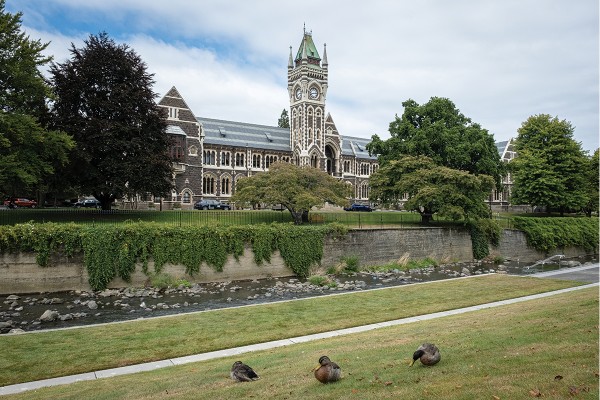On Tuesday, 8 March, the University Council formally endorsed Te Kauae Parāoa, also known as the Mirror on Society Selection Policy. A recent review, involving staff as well as student voices highlighted a need to provide more support for students with disabilities, which was incorporated in the most recent version of the policy.
Te Kauae Parāroa is a policy designed to facilitate “academic equity” within the Division of Health Sciences’ professional programmes (e.g. Med, Dent, Pharmacy). There is a focus on Māori students, as well as “students from other under-represented groups who have the potential to succeed academically,” such as those with lower socioeconomic status, and students with refugee backgrounds.
Although around 16% of Aotearoa’s population is Māori, less than 4% of our doctors are Māori, and less than 2% percent are Pasifika. Te Kauae Parāoa is designed to change this. In an earlier interview with Critic Te Arohi, Vice-Chancellor Prof David Murdoch said “there’s no question that having [healthcare staff] that reflect our communities improves health… people from various communities tend to go back to their communities”.
This recent review of Te Kauae Parāroa was run by a policy working group, comprised of more than 20 University stakeholders representing staff, students and academics. Student voices have played a key role, with both the 2021 (Michaela Waite-Harvey) and 2022 (Melissa Lama) OUSA presidents and Karamea Pewhairangi, the 2021 Te Roopū Māori president, adding their voices to the kōrero.
A University spokesperson said that “all three [student voices] provided both an important presence and insight into the group, and I would like to thank them for their hard work.” Melissa further highlighted the need for education for students in health professional programs on the importance of equitable affirmative policies to negate the “constant need for Māori and Pasifika students to have to defend the policy”.
According to Prof Paul Brunton, Pro-Vice-Chancellor at the Division of Health Sciences, a key finding from the review was that “more needed to be done to support students with disabilities to make a meaningful contribution to the health workforce.” To help with that, “a separate group, led by the Manager Disability Information and Support, will be established to examine how best to include students with disabilities into the policy.”
This current policy is not set in stone: a University spokesperson clarified that the policy will keep being reviewed to “ensure the policy is fit for purpose… a three-yearly review gives us a stronger mandate to do what is best for that health workforce”. This means that any future changes will likely be focused on keeping up with shifting demands, demographics and equity.
The policy will affect entry into one of the most competitive degree pathways on campus, and eligibility criteria are a concern for prospective students. These criteria “are currently being considered by the admissions committees of the various Division of Health Sciences programmes.” They will be available online “well before” applications for the 2023 programmes are due.






